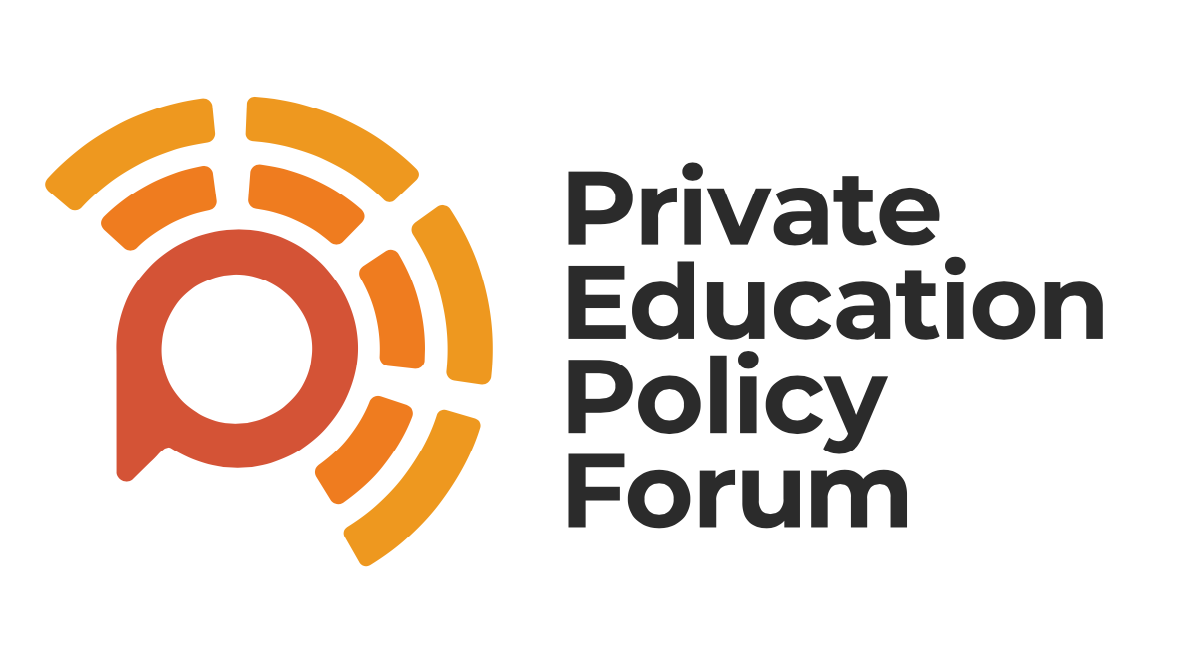
David Smith, Education Not Taxation, a parent group*
Feepaying parents should contribute to state education alongside others in society, not instead of them, writes David Smith
Fairly recently, a student newspaper ran a piece that was highly sympathetic to Labour’s policy of taxing private school fees – and taxing education in general.
As the VAT court cases brought by various schools and parent groups rumble on, it seems a good time to address his comments and challenges.
The author, Matthew Brookes, says it is “right wing” to object, as though taxing education, a merit good, was commonplace among sensible, centrist governments everywhere.
Mr Brookes also says: “The majority of major voices that disagree with this policy do not have another stream of revenue to fix this divide in education…
“…as unlike the current government they do not care for handling the serious issues that affect this country or addressing the concerns of working families, only protecting and encouraging centuries of inequality.”
I’m a parent from Education Not Taxation (ENT), a group that supports good schools in both independent and state sectors, and which represents parents who oppose VAT on school fees.
Raising revenue, and doing so from those with “broad shoulders”, is the stated objective of this education tax.
The policy measure is a poor way to meet the objective and at worst may not meet the objective at all.
We are glad to provide Mr Brookes with “another stream of revenue”.
We’d also like to suggest Mr Brookes asks people like us what we care about, rather than guessing. Many of us work in state schools.
All of us value those schools’ contributions to our extended families, neighbours, friends and colleagues, and to the broader community.
Society – not part of society – should pay for society’s schools
The state education system is part of society. We are all part of society. We, as parents of children at fee-paying schools, are willing to pay tax alongside, not instead of, the rest of society.
(Indeed, as feepaying parents have done since the introduction of universal state-funded education in 1870.)
Many parents on our Facebook group have stated their support for increases to the state education budget, paid for from income tax, to which we rightly contribute.
The government could raise £1.5 billion, for example, from around £300 extra, per child, on the top half of families (by household income); or around £600 extra on the top quartile.
Would parents struggling to pay (on average) £3,000 per child for VAT, be willing to pay around £300 alongside (not instead of) better-off state school families?
Many of us would.
If somebody like Mr Brookes would just ask us….
If higher-earning state school parents are not willing, alongside feepaying parents, to contribute £300-600 per child, as a small contribution to the roughly £8,000 cost of state education, recognising the private benefit they gain at public expense…we need to ask why.
Alternatively, I’d like Mr Brookes to read my article on CAPX, which supports the case for “free-at-point-of-delivery” provision for poorer households, but challenges the benefits of “free” state school for richer state school families.
It doesn’t deliver “equality” or social cohesion; it doesn’t secure the wholesale support of those families for state education as a whole (although it’s terrific for the gift-aid assisted arms of catchment area schools).
One of Bridget Phillipson’s more sensible observations takes the form “wouldn’t you like state schools to be better so you can send your children there without the expense?” – yes, we would.
There’s social benefit in education, we pay our taxes towards the education of others, and we’d like state schools to be as good as possible.
There are solutions around. Mr Brookes is welcome to consider them and to discuss them with us.
Not taxing education is not “right-wing”
Other countries do not tax education. It is illegal to do so in the EU. Several countries including, for example, not-very-right-wing Denmark directly subsidise independent education. The Danish set-up reportedly has the support of all parties in the Parliament.
Other examples are found in Australia and Canada. Here in UK, our not-very-right-wing Liberal Democrats vigorously object to taxing education.
It is normal to welcome household expenditure on education. Merit goods, of which education is literally the textbook example, provide both private and social benefit. Where the state provides 100 per cent funding, households, even wealthy ones, gain private benefit “for free”. Where households pay, society gains social benefit “for free” and the state saves money: £4.4 billion in the UK according to Oxford Economics.
Despite all this, Greece’s radical Syriza government taxed education briefly in 2015, abandoning it after a few months of what The Economist described as general mayhem.
It is not normal, sensible, or “centrist” to tax education. It is radical and unusual; it flies in the face of mainstream economic thought. It is not “right wing” to object to the measure.
Where are the alternatives?
The Adam Smith Institute has written two papers robustly rejecting the policy and arguing that the consequences have not been thought through.
If Mr Brookes could be persuaded to read the first paper, Short-Term Thinking, he would find (on page 30), two suggestions to raise about £1.5 billion with “more certain revenue, fewer distortions and fewer avoidance opportunities”.
•1. Tax a negative instead of a positive externality, for example apply a 3 per cent increase on households’ effective expenditure on alcohol.
• 2. Find revenues from general taxation, for example increasing the UK’s £440 billion combined income tax and NIC bill by 0.32 per cent.
Mr Brookes might also note that £1.5 billion is a fraction over 0.1 per cent of total government expenditure.
He might wonder if a government willing to commit £9 billion, or £18bn, to pay Mauritius to take Chagos off our hands is really so short of cash, or whether somewhere in the £70 billion or so of the Budget’s spending increases, there might have been a small haircut placing the education of British children ahead of (for example) climate reparations.
This education tax is an argument about crumbs.
Crumbs are (at best) all you can get from a very heavy tax on a small minority; even worse when that heavy tax has great risk of behaviour shift, and worse still where the behaviour shift burdens the state with extra cost.
Governments really wanting substantial revenue need to look more broadly. A government can much more sensibly raise this sort of money through income tax, seeking smaller sums from a much larger number of people.
Wouldn’t it be healthier to look all middle/higher earners in the eye, and tell them to contribute more?
Broad shoulders?
According to this analysis of UCL data by Diarmid Mackenzie, a governor of a fee-paying school, half of feepaying households are outside the top income decile; one in six is below the median.
In the ongoing court case, it has emerged the government was formally advised that “25 per cent of households affected will fall in the bottom half of the household income distribution”.
An oft-heard justification for the Education Tax is “it’s a tax the rich can afford to pay”. That’s a telling deflection – the education tax can’t be justified on its own terms, so it is positioned as a “tax on the rich” by proxy.
The reality is that a majority of top earners use state schools, whether you define “top” as the top five per cent, 10 per cent or 20 per cent. Paying for independent school is correlated with income, but not nearly as strongly as you, Mr Brookes, might think.
For that reason, as “taxes on the rich” go, the education tax is hopeless – it only taxes a minority of “the rich” while taxing quite some number of the “not- that-rich”.
Incidentally, this gives lie to another of the great falsehoods: the claim that independent schools are only within reach of the “top seven per cent”.
Lower, middle and upper-middle earners pay independent school fees by choosing lower-fee schools, minimising consumption, taking on debt / deferring pension saving in anticipation of a longer working life, obtaining bursaries, and holding multiple jobs/going the extra mile at work.
Those choices are not for everyone, but they are available to many more than seven per cent; most people opt to spend their time and money in other ways, typically (for any given level of household income, and especially in higher-earning households) enjoying lifestyles and accumulating pensions and property far out of reach of their feepaying peers.
Finally, sitting MPs that oppose the education tax received 51.8 per cent of votes cast in the 2024 election.
Please Mr Brookes – and everyone else – please, listen to other voices too.
*David Smith is a pseudonym, as this parent wishes to remain anonymous. You can find out more about Education Not Taxation here, and follow them on Twitter here.



